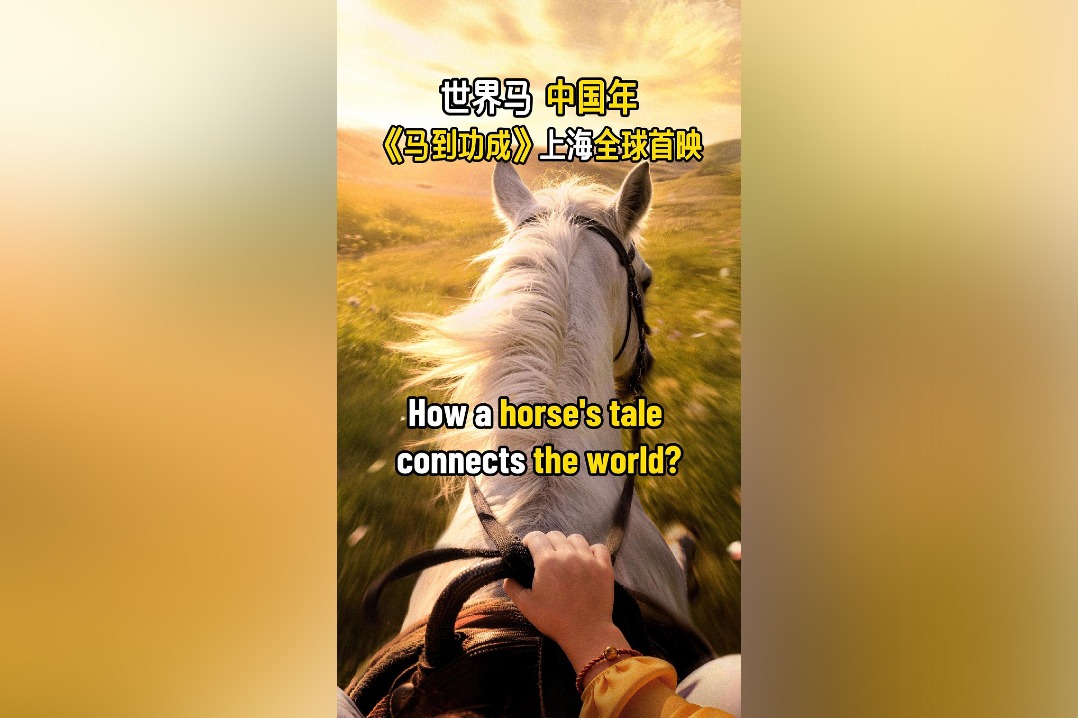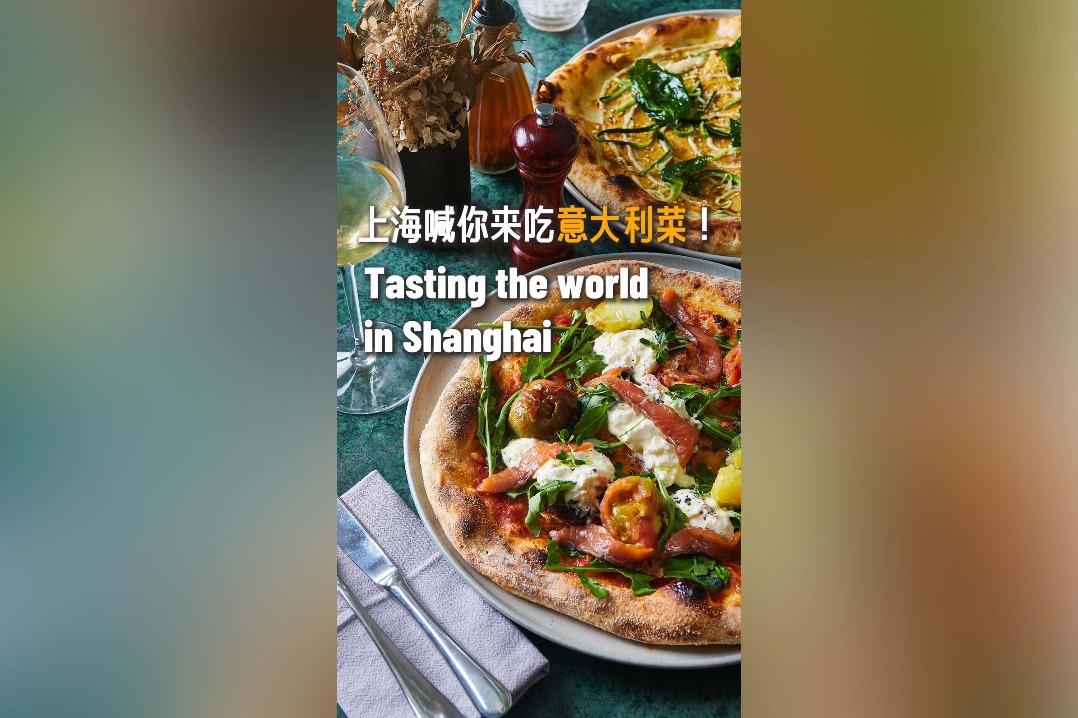Treasuring China's own

"There are so many treasures in China but so many people are ignorant about them," Robert Ho Hung-ngai says.
The journalist-turned-philanthropist wants to captivate the younger generation as witnesses to their own culture. During a recent visit to Beijing, the 81-year-old visited an elementary school and shared We All Live in the Forbidden City, an educational program that was received warmly by the students.
Jointly produced by the Robert H.N. Ho Family Foundation and the Design and Cultural Studies Workshop in Hong Kong, the program, which began in 2008, includes books in traditional and simplified Chinese, exhibitions and education workshops. The foundation also developed a 100-episode documentary television series, Forbidden City 100, broadcast on China Central Television's Documentary Channel nationally since January.
The goal is to "simplify the Chinese culture into a form that young people can appreciate", says Ho, who launched the foundation in 2005.
"We don't think it has been exposed and understood enough in the world other than in museums."
The foundation brings to life the ancient palace through books, interactive stories and installations, which will be translated into English, Spanish and French next year. The foundation also plan to make the books animated on the Internet, which will enable young people to experience and study the Forbidden City in a video game-like format.
Ho says his outreach reflects a time-honored family tradition since the time of his grandfather, Sir Robert Hotung. One of the most notable and richest families in Hong Kong's history, the Hotungs left young Ho with a great sense of legacy.
"My grandfather always told me that before you receive you must learn to give. It's my family motto, which was drilled into me by my grandfather."

Robert Hotung, born to a Dutch father and a Chinese mother, was known for financing China's 1911 revolution led by Sun Yat-sen. The twice-knighted Hotung was also recognized for his work to boost Sino-British ties during the late 19th and early 20th centuries. His successful business career, meanwhile, spanned property, media and stock investments.
Ho was raised by his grandparents, since his parents were at the war's frontline. His father served under Marshal Zhang Xueliang in Northeast China before the Japanese attack and occupation in 1931.
Instead of jumping into one of his family's successful businesses, Ho studied journalism at Columbia University and got his master's degree in 1958. He worked as a reporter for National Geographic and also worked at the United Nations for a group of newspapers, where he witnessed the famous shoe-banging of then Soviet leader Nikita Khrushchev at the General Assembly.
Ho returned to Hong Kong from the United States to work in his family's two newspapers in the 1970s. Years as a journalist in the US and Hong Kong had given him a passion for seeing and fostering social changes.
Bearing the family motto in mind, he founded the foundation with two visions: supporting Chinese arts and culture, and spreading Buddhist concepts and ideas to the world, especially to connect Buddhism with modern society. Ho says his grandfather's second wife, Lady Clara, was a devout Buddhist and set up a temple in Hong Kong in 1935, so Buddhism has been part of the family.
The foundation has given endowments for Buddhist programs at universities, including Harvard and Stanford. A gift from another Ho foundation to the University of British Columbia helped to establish North America's first contemporary Buddhist studies program.
Today, Ho lives in Vancouver, but makes frequent trips to China to promote his charitable foundation.
This year, the foundation gave a grant to the Guggenheim Museum in New York. With it, the museum commissions major works from at least three artists from the Chinese mainland, Taiwan, Hong Kong or Macao that will enter the Guggenheim's permanent collection as part of the foundation's collection. Beijing-based artist Wang Jianwei became the first artist commissioned, and his works will be exhibited at the end of next year.
chennan@chinadaily.com.cn
(China Daily Africa Weekly 12/20/2013 page29)






























